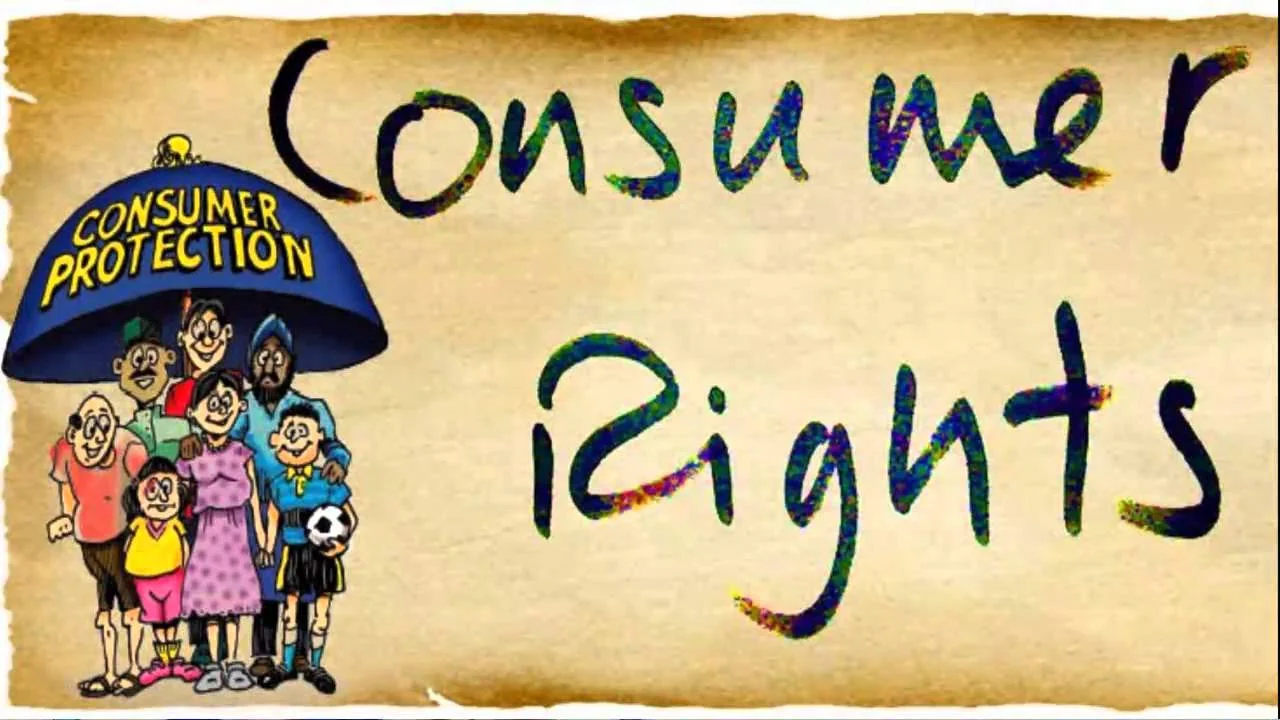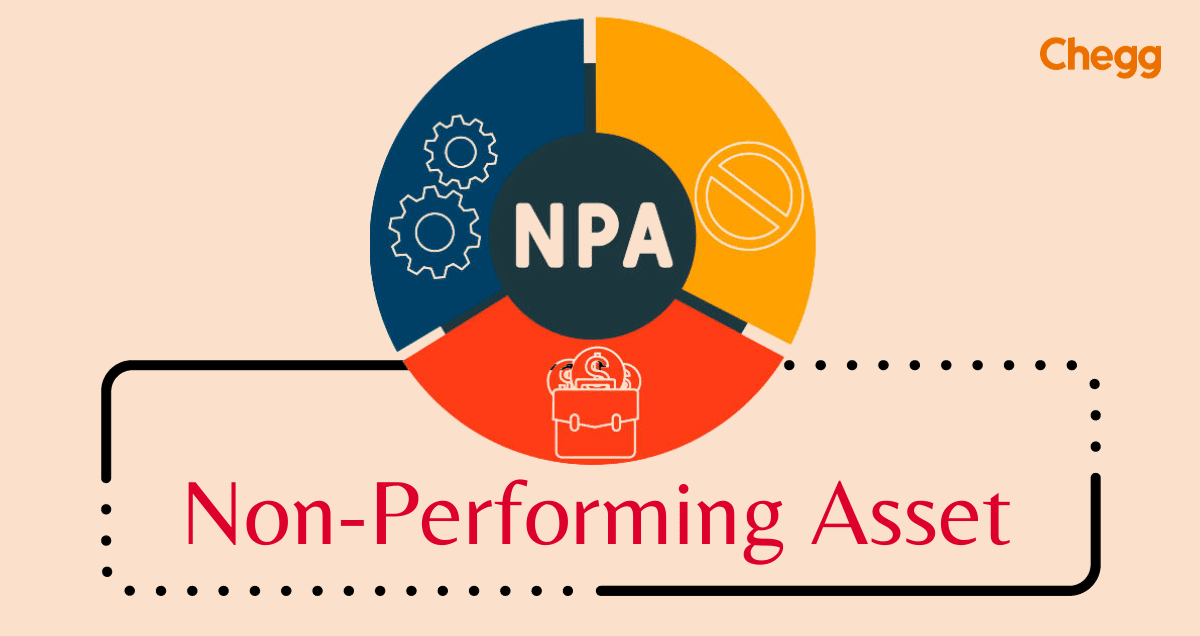Debt Settlement
When you are drowning in debt, you do what any drowning person does: You look frantically for a way out.
So when you hear about debt settlement, you might find yourself thinking it is a win-win. Creditors get (some of) their money, and you don’t have to deal with the debt anymore. What an amazing, no-possible-downside solution!
Unfortunately, like everything in life, it just isn’t that easy. Debt settlement can be a good option. But it isn’t always the best one, and it isn’t right for every circumstance.
So let’s take a look at exactly what debt settlement is, the pros and cons of debt settlement, and some alternatives in case it isn’t the best option for you.
What is Debt Settlement?
Debt settlement is negotiating with creditors to settle a debt for less than what is owed, often in one lump sum payment.
You’re probably all too familiar with this situation. You open a credit card account. Life happens, you have an emergency, and now you owe more than you can pay. You put off the bills and put off the bills, and suddenly you are receiving collection notices from a different company. What happened?
The debt industry is actually a bit more complicated than a simple lender.
When debt defaults, and sometimes even when it doesn’t, it’s common for creditors to sell debt to other companies. Mortgage companies will sell mortgage notes to other mortgage companies, and creditors will sell defaulted accounts to collection companies.
When collection companies buy these defaulted accounts, they are paying pennies on the dollar for them. It’s not uncommon for lenders to sell debt for 20% or less than its original value.
Once a collection company has the debt, they will attempt to collect payment from you, banking on getting more than they paid, therefore turning a hefty profit.
This puts them, and you, in a place for negotiation. You can settle your debt for a fair amount under what you actually owe, and the account will be considered paid.
Sounds like a good deal, right? Let’s look at the pros and cons before making a decision.
Pros
So what is great about debt settlement?
If you have the right kind of debt and the right situation, it can get you out of debt fast, get your debt load down, and stop the calls from collection companies.
It’s Fast (ish)
The settlement itself can take a while depending on the amount of debt owed and how long you’ve been delinquent on payments.
But once terms have been agreed upon and payment has been sent, that’s it. Your account is paid and you are free of that debt. If you are trying to pay down debt as fast as possible, debt settlement is good for it.
Reduces Your Debt Load
One of the key draws of debt settlement is that it drastically reduces your debt load.
For instance, if you owe $4000 to a credit card company, and you are able to settle for $2000, you’ve just reduced your total debt load by $4K without having to actually pay $4K.
So it’s cost effective, if anything, about debt, can be said to be so, and it helps you take large bites out of your total debt in a comparatively short amount of time.
Stops Collection Harassment
Once you’ve reached a settlement and paid, all collection calls and communication should stop (for that debt, at least),
It may seem like a small thing, but anyone who has lived in fear of the ring of a phone knows what a relief it is when the calls finally stopped.
Cons
So, if you’ve looked ahead, you may notice that the cons list is quite a lot longer than the pros list.
Debt settlement is not always the right solution, and there are plenty of downsides to it. It bears serious consideration before deciding to go forward.
Requires Long-Term Delinquency
Before companies will consider you for settlement, you often must have been delinquent for several months. This may not be an issue if you already have been delinquent for many months, but for those seeking settlements across multiple debts, it can mean consciously deciding to stop paying on a debt in order to eventually settle.
This means numerous late fees, the interest that has been accruing, and collection fees added to your total, which in turn means a larger number to negotiate down.
Negative Impact on Your Credit Score
Once you settle, you may think that your credit score will simply report that the bill was paid.
Actually, credit card or collection companies will label the bill as “settlement accepted” or “settled for less than agreed”. These labels stay on your credit, and harm it, for seven years.
You also have to figure in the fact that you have to be delinquent on your payments before you can settle. Each late payment puts another ding on your credit score. All told, settlement can wreak havoc with your credit. Not as much as bankruptcy, perhaps, but certainly nothing to take lightly.
No Guarantee
It’s important to keep in mind that, while you may want to settle, a motivated collector isn’t required to take you up on the offer.
And while many collectors and creditors will work with you, you are at their mercy when it comes to settlement. If they say no, you are out of luck. You can always continue to negotiate, but they are by no means required to ever say yes.
Tax Penalties
This is an odd one and not something most people consider going into the settlement. If you settle for less than you owe, it is possible that the IRS will require you to list the settled amount as income and pay taxes on it.
If you aren’t expecting this, it can come as quite the nasty shock when April 15th rolls around.
No Long-Term Payment Plans
If you settle a debt, you can say goodbye to monthly payments. Which sounds great, right?
What it actually means is that you need to be ready to pay your entire settled amount immediately upon a settlement being reached. Some companies may be willing to split the payment into two or three installments, but keep in mind they’ve already had to come after you for the amount you are paying. They don’t want to leave any loose ends.
So you will need to have cash in hand to pay or be willing to set up an automatic draft for a split payment, guaranteeing that the company gets their money.
Debt Settlement Doesn’t Work on Every Credit Type
The Settlement only works on certain kinds of debt. It’s called unsecured debt, and credit cards, personal loans, and medical bills all fall into that category.
You can’t settle a secured debt, which includes mortgages and car loans.
So if you have secured debts you are trying to settle, it is worth your while to look at other options.
Hire a Pro or Do it Yourself?
If you’ve decided debt settlement is the best option for you, you now have a choice to make.
Settle with your companies by negotiating on your own behalf? Or go through a debt settlement company?
If you only own a few hundred dollars to one or two creditors, you can probably do it yourself.
However, if your total debt load reaches into the thousands, you may want to consult a professional. Debt management firms deal with all kinds of debt and can help you put together the best possible plan.
Professional debt counselors are experts at negotiating with a credit card and collection companies and are usually going to be able to come to much better terms than you would on your own.
Alternatives to Debt Settlement
Now that you’ve looked through the pros and cons of debt settlement, you can decide if it’s the right option for you. If it isn’t, don’t worry. There are other options for getting out of debt that doesn’t hurt your credit and can work just as hard for you.
Debt Management
Debt management is similar to debt settlement in that it requires negotiation with your creditors. However, it doesn’t reduce the amount you owe.
Basically, a debt management company helps work out an arrangement with your creditors, typically extending the amount of time you have to pay and even lowering your monthly payments. You then pay one amount to the debt management company, which they pay to your creditors.
Debt management is flexible, and the plan can be altered if necessary. It is a good option for people who are in a temporary financial bind and need short-term debt relief before picking back up on normal payments.
Debt Consolidation
Debt consolidation can be an awesome strategy for people with many bills and many creditors.
A debt consolidation loan pays off your creditors and combines your bills into one balance, with one payment monthly.
Now, unlike debt settlement, you still owe the same amount of money as you did before, it’s just in a lump sum rather than many individual bills. However, it often comes with a significantly lower interest rate and monthly payment than your original set of bills.
That said, it does simplify your debts considerably. After all, who wants five bills when you can just as easily have only one? In addition, it gets your creditors paid, which in turn helps to improve your credit score.
You can get these sorts of loans from banks and credit unions, but if your credit has been hurt by a lot of unpaid debt, you may find it difficult to find a bank that will furnish the loan. However, a Debt Relief firm is often able to write consolidation loans when banks can’t.
Bankruptcy
Yes, declaring bankruptcy is always an option, but like debt settlement, it is one that should be weighed very carefully and used only as a last resort.
Chapter 13 bankruptcy will tank your credit for a long time, and while it gives you Debt Relief, it is something that must be carefully considered after all other avenues have been exhausted.
Finding a way out of debt can be a long a complicated journey. Debt settlement is one of many options available to you to help you out of debt.
For more information on debt settlement and other option, contact us today!




Leave A Comment